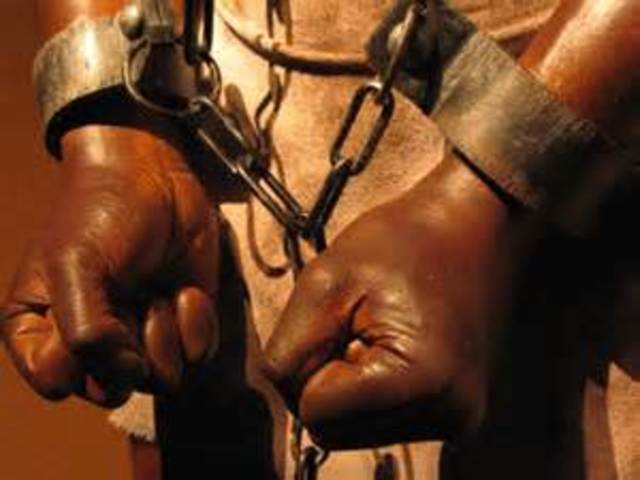APA-Harare (Zimbabwe) The recent apology by the Netherlands’ King Willem-Alexander for his country’s role in slavery has ignited calls for African countries and their descendants to seek reparations from former colonial powers that profited from the exploitation of people forcibly removed from the continent.
During an event on July 1 to commemorate the 160th anniversary of the abolition of slavery in the country and its former colonies in the Caribbean, the Dutch king asked for forgiveness for the “clear failure to act” against slavery, which he described as “a horror” and “a crime against humanity”.
He admitted that the monarch did nothing to stop the slavery.
The Netherlands became a major colonial power after the 17th Century, holding territories across the globe, and Dutch slave traders trafficked more than 600,000 people.
The king’s speech followed Dutch Prime Minister Mark Rutte’s apology in December 2022 for the country’s role in the slave trade and slavery.
The apology is part of a wider reckoning with colonial histories in the West that have been spurred in recent years by the Black Lives Matter movement.
However, some critics have argued that apologies are not enough and that African countries and their descendants should demand compensation for the centuries of oppression, exploitation and injustice they suffered at the hands of European colonisers.
They point out that slavery enriched the Netherlands and other Western nations, while impoverishing and under-developing Africa.
“Africa and the African Diaspora should take advantage of the recent admissions of wrongdoing by Western countries and demand reparations,” said Harare-based political analyst Donald Porusingazi.
He added: “This is where the African Union should show leadership by pushing for a consultative process that would see those Western countries that were involved in slave trade compensate modern-day descendants of those impacted by slavery.”
A recent study revealed that Dutch rulers received the equivalent of US$595 million in today’s money between 1675 and 1770 from colonies where slavery was enforced.
Porusingazi said the Dutch king’s apology for slavery has opened up a space for dialogue and debate on reparations for Africa.
The analyst said reparations are a matter of justice and human rights, and that they could help heal the wounds of history and foster reconciliation and development.
He said the reparations could take various forms, such as financial payments, debt cancellation, land restitution, cultural recognition, educational opportunities and political representation.
“For instance, an alert and politically astute AU could use the reparations issue to buttress its argument for a permanent seat on the UN Security Council,” Porusingazi said.
However, some challenges and obstacles remain for those seeking reparations.
Porusingazi said lack of political will and legal frameworks are major hindrances to efforts to address the issue – both in Africa and in Western countries.
The Netherlands has not offered any compensation to descendants of enslaved people, and instead has established a US$217-million fund for initiatives that tackle the legacy of slavery.
Other former colonial powers such as Britain, France and Portugal have also resisted paying reparations.
Another challenge is the difficulty of quantifying and allocating reparations. How much money should be paid? Who should pay it? Who should receive it? How should it be distributed?
“These are complex questions that require careful research, negotiation and consensus,” Porusingazi said.
He said slavery left a lasting legacy of racism, discrimination and inequality that continues to affect African people and their descendants around the world.
He cited examples such as police brutality, mass incarceration, poor education, health disparities and lack of representation suffered by people of African descent in Western countries.
JN/APA


